Home>Home Appliances>Bathroom Appliances>What Is A Weight Scale
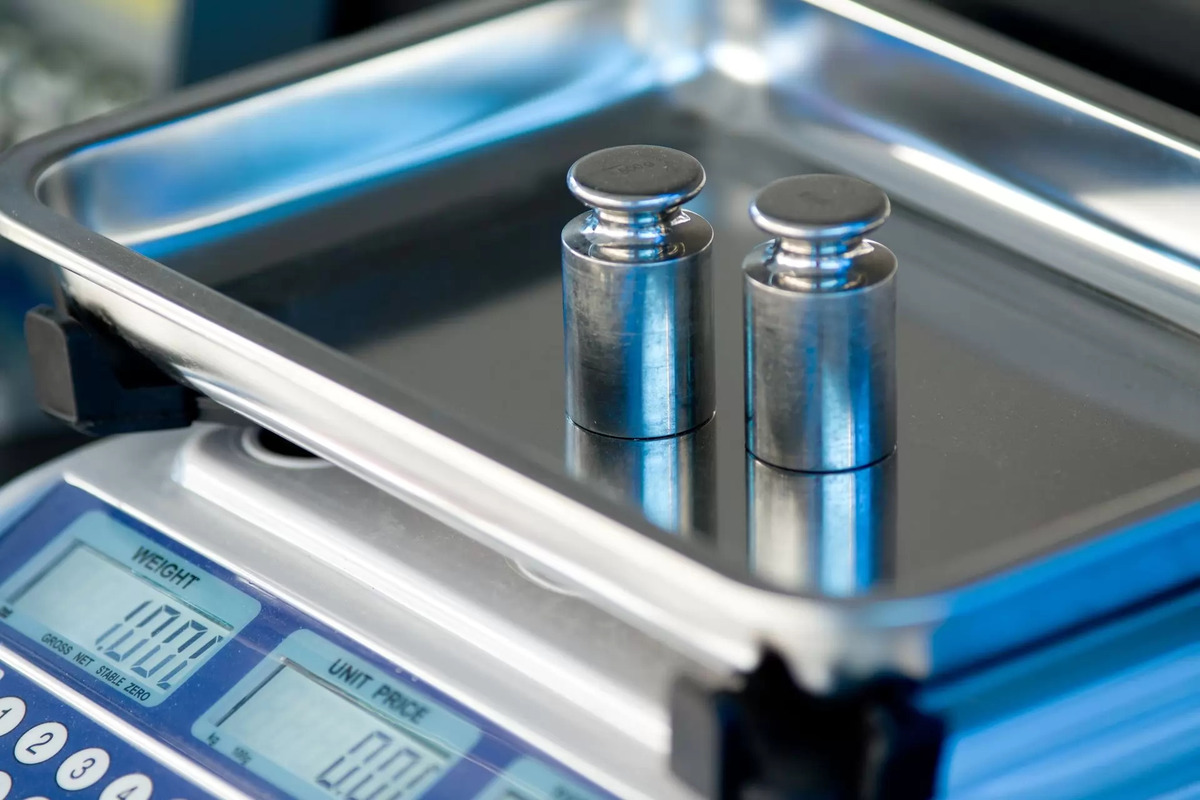

Bathroom Appliances
What Is A Weight Scale
Published: February 13, 2024
Discover the benefits of a weight scale for your bathroom. Find the perfect bathroom appliances to track your health and fitness goals. Choose from a variety of options to suit your needs.
(Many of the links in this article redirect to a specific reviewed product. Your purchase of these products through affiliate links helps to generate commission for Storables.com, at no extra cost. Learn more)
Introduction
Weight scales are essential tools that provide accurate measurements of an object's mass or the force of gravity acting on it. These devices are widely used in various settings, including households, gyms, hospitals, and industrial facilities. Whether it's for monitoring personal health, managing fitness goals, or ensuring precise measurements in industrial processes, weight scales play a crucial role in everyday life.
As technology continues to advance, weight scales have evolved from simple mechanical devices to sophisticated digital and smart scales. These advancements have not only improved the accuracy and precision of weight measurements but have also enhanced the user experience by offering additional features and connectivity options.
In this comprehensive guide, we will delve into the history of weight scales, explore the different types available, understand how they work, and examine their diverse uses across different sectors. Additionally, we will discuss the key factors to consider when choosing a weight scale, empowering you to make informed decisions based on your specific needs and preferences.
Join us on this enlightening journey as we unravel the fascinating world of weight scales, shedding light on their significance and the pivotal role they play in modern society. Whether you are a fitness enthusiast, a healthcare professional, or an individual seeking reliable measurement tools, this guide will equip you with valuable insights into the realm of weight scales.
Key Takeaways:
- Weight scales have a rich history, evolving from ancient civilizations to modern smart scales. They play a crucial role in personal health, fitness, culinary precision, industrial operations, and scientific research.
- When choosing a weight scale, consider factors such as accuracy, weight capacity, additional features, design, and maintenance. These factors ensure that the selected scale aligns with specific needs and preferences.
Read more: How To Reset A Weight Scale
History of Weight Scales
The history of weight scales dates back to ancient civilizations, where rudimentary forms of measuring mass were utilized for trade, commerce, and religious ceremonies. One of the earliest known weight measurement systems can be traced to the Indus Valley Civilization, where archaeologists have unearthed evidence of standardized weights made from stone, dating back to around 2400-1800 BCE. These ancient weight measurement tools provided a foundation for fair trade and commerce, ensuring that goods were exchanged based on standardized units of mass.
The evolution of weight scales continued through the ages, with various cultures and civilizations developing their own methods of measuring mass. In ancient Egypt, for instance, balance scales were commonly used for weighing precious metals, grains, and other commodities. The concept of the balance scale, with two plates suspended from a beam, became a prevalent design that persisted through the centuries.
During the Middle Ages, the emergence of European trade guilds led to the standardization of weights and measures, further advancing the development of weight scales. The development of spring scales in the 18th century marked a significant technological leap, as these devices utilized the principles of elasticity to measure weight. This innovation paved the way for the modern mechanical scales that became ubiquitous in households and businesses.
The industrial revolution brought about a wave of technological advancements, leading to the mass production of mechanical scales and the introduction of more precise measurement mechanisms. The 20th century witnessed the advent of electronic scales, which revolutionized the accuracy and efficiency of weight measurements. These electronic scales evolved into digital scales, incorporating advanced sensors and microprocessors to deliver precise and reliable readings.
In recent years, the integration of smart technology has propelled weight scales into the digital age, enabling features such as body composition analysis, wireless connectivity, and data tracking capabilities. Today, weight scales have transcended their traditional role, offering comprehensive insights into health and fitness metrics, empowering individuals to monitor their well-being with unprecedented convenience and accuracy.
The rich history of weight scales reflects the enduring human quest for precision, fairness, and efficiency in measuring mass. From ancient civilizations to the digital era, the evolution of weight scales mirrors the progress of human civilization and the relentless pursuit of innovation in the quest for accurate measurement.
Types of Weight Scales
When it comes to weight scales, there is a diverse array of options available, each designed to cater to specific needs and preferences. Understanding the different types of weight scales is essential for selecting the most suitable device for your requirements. Let's explore some of the prominent types of weight scales:
-
Mechanical Scales: These traditional weight scales rely on mechanical components, such as springs and levers, to measure weight. They are often found in households, doctor's offices, and fitness centers. Mechanical scales are known for their durability and reliability, providing consistent weight readings without the need for batteries or electrical power.
-
Digital Scales: Digital weight scales have gained popularity due to their accuracy and ease of use. These scales feature digital displays that showcase weight readings with precision. They are available in various designs, including bathroom scales, kitchen scales, and luggage scales, catering to a wide range of weighing needs.
-
Smart Scales: With the integration of advanced technology, smart scales have redefined the concept of weight measurement. These innovative devices offer a comprehensive analysis of body composition, including metrics such as body fat percentage, muscle mass, and bone density. Smart scales often sync with mobile apps or fitness trackers, allowing users to track their health data and set personalized goals.
-
Body Fat Scales: Specifically designed to measure body composition, body fat scales utilize bioelectrical impedance analysis (BIA) to estimate the body fat percentage. These scales are equipped with electrodes that send a low-level electrical current through the body to measure the impedance, providing insights into the user's body composition beyond just weight.
-
Kitchen Scales: While not exclusively for measuring body weight, kitchen scales are essential tools for precise measurement of ingredients in cooking and baking. These scales come in digital and mechanical variants, enabling culinary enthusiasts to accurately portion out ingredients for recipes, ensuring culinary perfection.
-
Industrial Scales: In industrial and commercial settings, specialized scales such as platform scales, crane scales, and bench scales are utilized for weighing heavy loads, bulk materials, and industrial equipment. These heavy-duty scales are engineered to withstand rigorous use and provide accurate measurements for industrial applications.
Understanding the distinct features and functionalities of these various types of weight scales empowers individuals to make informed decisions based on their specific requirements. Whether it's for personal health monitoring, culinary pursuits, or industrial operations, the diverse range of weight scales available in the market ensures that there is a suitable option for every weighing need.
How Weight Scales Work
Weight scales operate on the fundamental principle of measuring the force exerted by an object due to gravity. The mechanism employed by weight scales varies depending on the type of scale, but the underlying concept remains consistent across different designs. Understanding how weight scales work sheds light on the intricate processes involved in obtaining accurate weight measurements.
Mechanical Scales:
Traditional mechanical scales utilize a system of levers and springs to determine weight. When an object is placed on the weighing platform, the force exerted by the object compresses the internal spring mechanism. This compression causes the scale's indicator, often a needle or dial, to move, indicating the weight of the object. The calibration of the spring and lever system ensures that the scale provides precise and consistent readings.
Read more: What Is The Best Body Weight Scale
Digital Scales:
Digital weight scales employ electronic sensors to measure weight with enhanced accuracy. These sensors detect the force exerted on the weighing platform and convert it into an electrical signal. The signal is then processed by a microcontroller, which translates the force into a digital weight reading displayed on the scale's screen. Digital scales often incorporate strain gauge load cells, which are sensitive transducers that convert force into electrical signals, contributing to the scale's precision.
Smart Scales:
Smart scales integrate advanced technology to offer comprehensive body composition analysis in addition to weight measurement. These scales utilize bioelectrical impedance analysis (BIA), where imperceptible electrical currents pass through the body to estimate metrics such as body fat percentage, muscle mass, and bone density. The scale's sensors analyze the impedance of the electrical signal as it travels through the body, providing insights into various aspects of body composition beyond just weight.
Industrial Scales:
In industrial settings, weight scales are engineered to withstand heavy-duty use and measure substantial loads. Industrial scales, such as platform scales and crane scales, employ robust load cells and sensors capable of accurately measuring large weights. These scales often feature durable construction and advanced calibration mechanisms to ensure precision and reliability in industrial weighing applications.
Understanding the inner workings of weight scales illuminates the intricate interplay between mechanical, electronic, and sensor technologies that enable these devices to deliver precise weight measurements. Whether it's the simplicity of a mechanical scale or the advanced capabilities of a smart scale, the underlying principles of weight measurement remain rooted in the timeless force of gravity, harmonizing with modern technology to provide accurate and insightful weight readings.
Uses of Weight Scales
Weight scales serve a multitude of purposes across diverse domains, playing a pivotal role in various aspects of daily life, healthcare, fitness, culinary endeavors, and industrial operations. Understanding the wide-ranging uses of weight scales underscores their significance as indispensable tools in numerous settings.
Read more: How To Measure Weight On A Scale
Personal Health and Fitness:
In the realm of personal health and fitness, weight scales are indispensable for monitoring weight fluctuations, tracking progress in weight management goals, and assessing overall health. Individuals rely on weight scales to gauge their body weight, enabling them to make informed decisions regarding diet, exercise, and lifestyle modifications. Moreover, the integration of smart scales with body composition analysis capabilities empowers users to delve beyond mere weight measurement, gaining insights into body fat percentage, muscle mass, and other vital health metrics. This holistic approach to health monitoring fosters a comprehensive understanding of one's physical well-being, facilitating informed choices for a healthier lifestyle.
Medical and Healthcare Facilities:
In healthcare settings, weight scales are essential tools for assessing patients' weight as part of routine medical examinations, nutritional assessments, and treatment monitoring. From hospitals and clinics to nursing homes and rehabilitation centers, weight scales play a crucial role in evaluating patients' health status, tracking changes in weight, and determining appropriate medical interventions. Accurate weight measurements are integral to diagnosing and managing various health conditions, making weight scales indispensable assets in the realm of healthcare.
Culinary Precision:
In the culinary world, kitchen scales are indispensable for precise measurement of ingredients in cooking and baking. Professional chefs and home cooks alike rely on kitchen scales to ensure accuracy in recipes, enabling them to achieve culinary perfection with precise ingredient proportions. Whether it's measuring flour for baking, portioning out ingredients for a delicate sauce, or accurately weighing meat for a recipe, kitchen scales are indispensable tools for culinary enthusiasts striving for precision and consistency in their culinary creations.
Industrial and Commercial Applications:
Industrial scales, including platform scales, crane scales, and bench scales, are integral to a wide spectrum of industrial and commercial operations. These heavy-duty scales are utilized for weighing bulk materials, measuring heavy loads, and ensuring accurate calibration of industrial equipment. From manufacturing facilities and warehouses to shipping and logistics operations, industrial scales play a crucial role in maintaining precision, efficiency, and compliance with weight-related regulations.
Read more: How To Fix A Weight Scale
Athletic and Sports Performance:
In the realm of sports and athletics, weight scales are utilized for monitoring athletes' weight, assessing body composition, and tracking performance metrics. Coaches, trainers, and athletes rely on weight scales to gauge changes in body weight and composition, enabling them to tailor training regimens, nutritional plans, and performance goals. Weight scales contribute to the holistic approach to athletic performance, providing valuable insights into athletes' physical condition and progress.
Environmental and Research Applications:
Weight scales find applications in environmental monitoring, research laboratories, and scientific investigations, where precise measurements of mass are essential for various experiments, analyses, and data collection. From environmental impact assessments to scientific research endeavors, weight scales serve as indispensable tools for obtaining accurate measurements, contributing to the advancement of knowledge and understanding in diverse fields of study.
The diverse uses of weight scales underscore their versatility and indispensability across a myriad of domains, reflecting their enduring significance as fundamental tools for measurement, assessment, and progress tracking. Whether it's for personal health monitoring, culinary precision, industrial operations, or scientific research, weight scales play a multifaceted role in enriching and enhancing various facets of human endeavors.
Factors to Consider When Choosing a Weight Scale
When selecting a weight scale, several crucial factors should be taken into account to ensure that the chosen device aligns with specific needs and preferences. Understanding these considerations empowers individuals to make informed decisions, leading to the acquisition of a weight scale that best suits their requirements.
-
Accuracy and Precision: The primary function of a weight scale is to provide accurate and precise measurements. When choosing a weight scale, it is essential to prioritize devices known for their reliability in delivering consistent and accurate weight readings. Whether it's for personal health monitoring or industrial applications, the scale's precision is paramount.
-
Weight Capacity: Different weight scales are designed to accommodate varying weight capacities. For personal use, such as monitoring body weight, a standard weight scale with a capacity suitable for individual requirements may suffice. In contrast, industrial scales must be selected based on their capacity to accurately measure heavy loads or bulk materials.
-
Measurement Units: Consider the measurement units offered by the weight scale. While most scales provide weight readings in pounds or kilograms, some may offer additional units or the ability to switch between different measurement systems. This flexibility can cater to diverse user preferences and international standards.
-
Additional Features: Modern weight scales often come equipped with a range of additional features, such as body composition analysis, memory storage, connectivity to mobile apps, and user profiles. Assessing the relevance of these features based on specific needs, such as comprehensive health tracking or data management, is crucial when choosing a weight scale.
-
Design and Durability: The physical design and durability of the weight scale are important considerations, especially for long-term usability. Factors such as the material of construction, non-slip surfaces, and impact resistance should be evaluated based on the intended usage environment, whether it's a home bathroom, a commercial gym, or an industrial facility.
-
Display and Readability: The visibility and readability of the weight scale's display are essential for user convenience. Clear and easy-to-read displays, especially in low-light conditions, contribute to a seamless user experience. Additionally, digital scales with backlighting or large, high-contrast displays enhance readability.
-
Power Source: Consider the power source required for the weight scale. While traditional mechanical scales do not rely on external power, digital and smart scales may operate on batteries or require a direct power source. Understanding the power requirements and their implications for usability and maintenance is crucial.
-
Calibration and Maintenance: Assess the calibration and maintenance requirements of the weight scale. Some scales may require periodic calibration to ensure accuracy, while others may offer self-calibration features. Understanding the maintenance needs and associated costs is essential for long-term usability and reliability.
By carefully evaluating these factors, individuals can make well-informed decisions when choosing a weight scale, ensuring that the selected device aligns with their specific needs, preferences, and intended applications. Whether it's for personal health monitoring, culinary precision, or industrial weighing, the right weight scale can serve as a reliable and indispensable tool for accurate measurement and progress tracking.
Conclusion
In conclusion, weight scales stand as indispensable tools that have transcended time, evolving from ancient measuring systems to modern, technologically advanced devices. The rich history of weight scales reflects the enduring human quest for precision, fairness, and efficiency in measuring mass. From ancient civilizations to the digital era, the evolution of weight scales mirrors the progress of human civilization and the relentless pursuit of innovation in the quest for accurate measurement.
The diverse array of weight scales available in the market caters to a wide spectrum of needs and preferences, ranging from traditional mechanical scales to cutting-edge smart scales. Each type of scale serves distinct purposes, whether it's for personal health monitoring, culinary precision, industrial operations, or scientific research. The multifaceted uses of weight scales underscore their versatility and indispensability across various domains, reflecting their enduring significance as fundamental tools for measurement, assessment, and progress tracking.
Understanding the inner workings of weight scales sheds light on the intricate processes involved in obtaining accurate weight measurements. Whether it's the simplicity of a mechanical scale or the advanced capabilities of a smart scale, the underlying principles of weight measurement remain rooted in the timeless force of gravity, harmonizing with modern technology to provide accurate and insightful weight readings.
When choosing a weight scale, several crucial factors should be taken into account to ensure that the chosen device aligns with specific needs and preferences. Factors such as accuracy, weight capacity, additional features, design, and maintenance requirements play pivotal roles in selecting the most suitable weight scale for individual requirements.
In essence, weight scales have become integral components of everyday life, contributing to personal well-being, culinary precision, industrial efficiency, and scientific advancements. As technology continues to advance, weight scales will undoubtedly undergo further innovations, offering enhanced features and capabilities to meet the evolving needs of users across diverse sectors. The enduring relevance of weight scales as essential measurement tools underscores their timeless significance in the fabric of human endeavors, embodying the pursuit of precision and progress.
Frequently Asked Questions about What Is A Weight Scale
Was this page helpful?
At Storables.com, we guarantee accurate and reliable information. Our content, validated by Expert Board Contributors, is crafted following stringent Editorial Policies. We're committed to providing you with well-researched, expert-backed insights for all your informational needs.
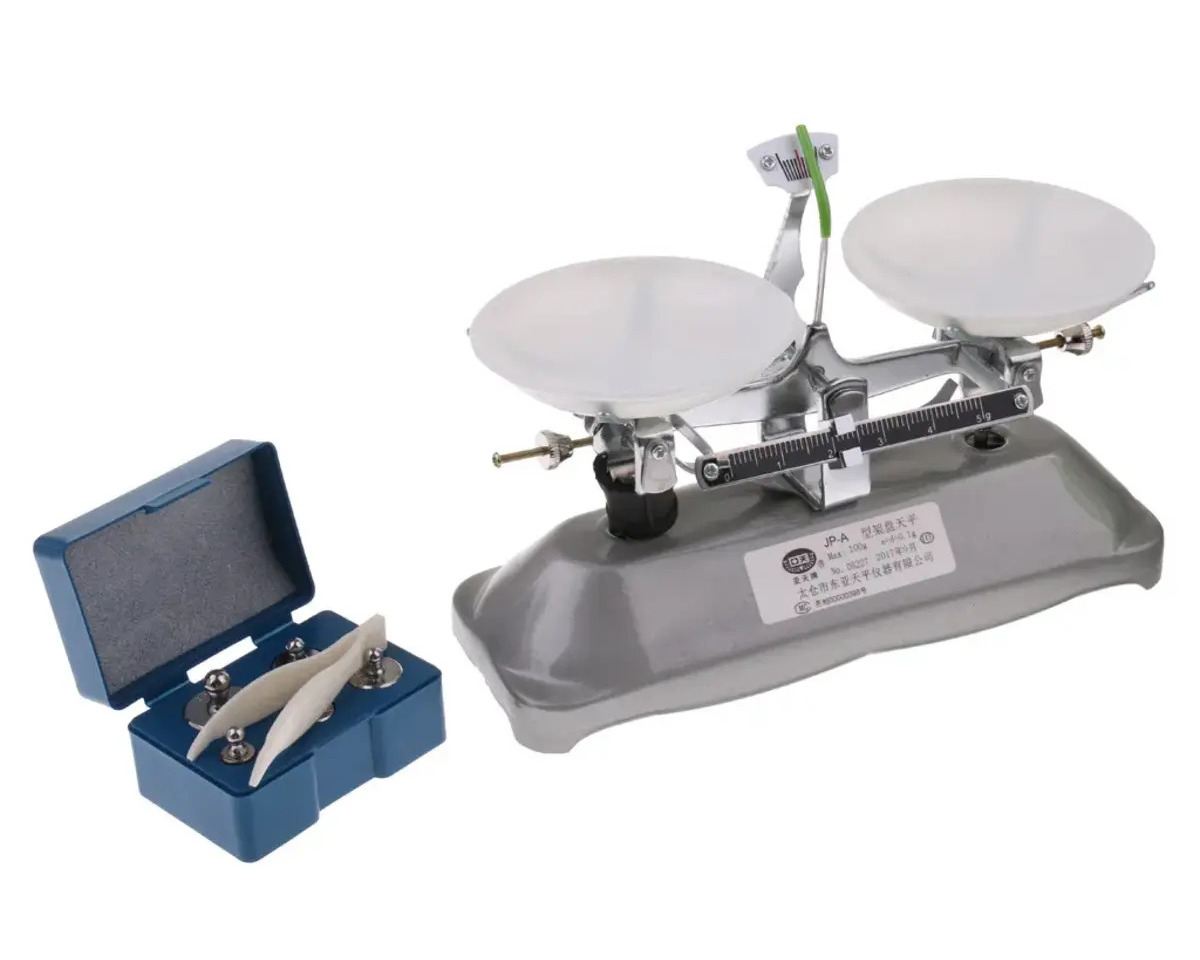

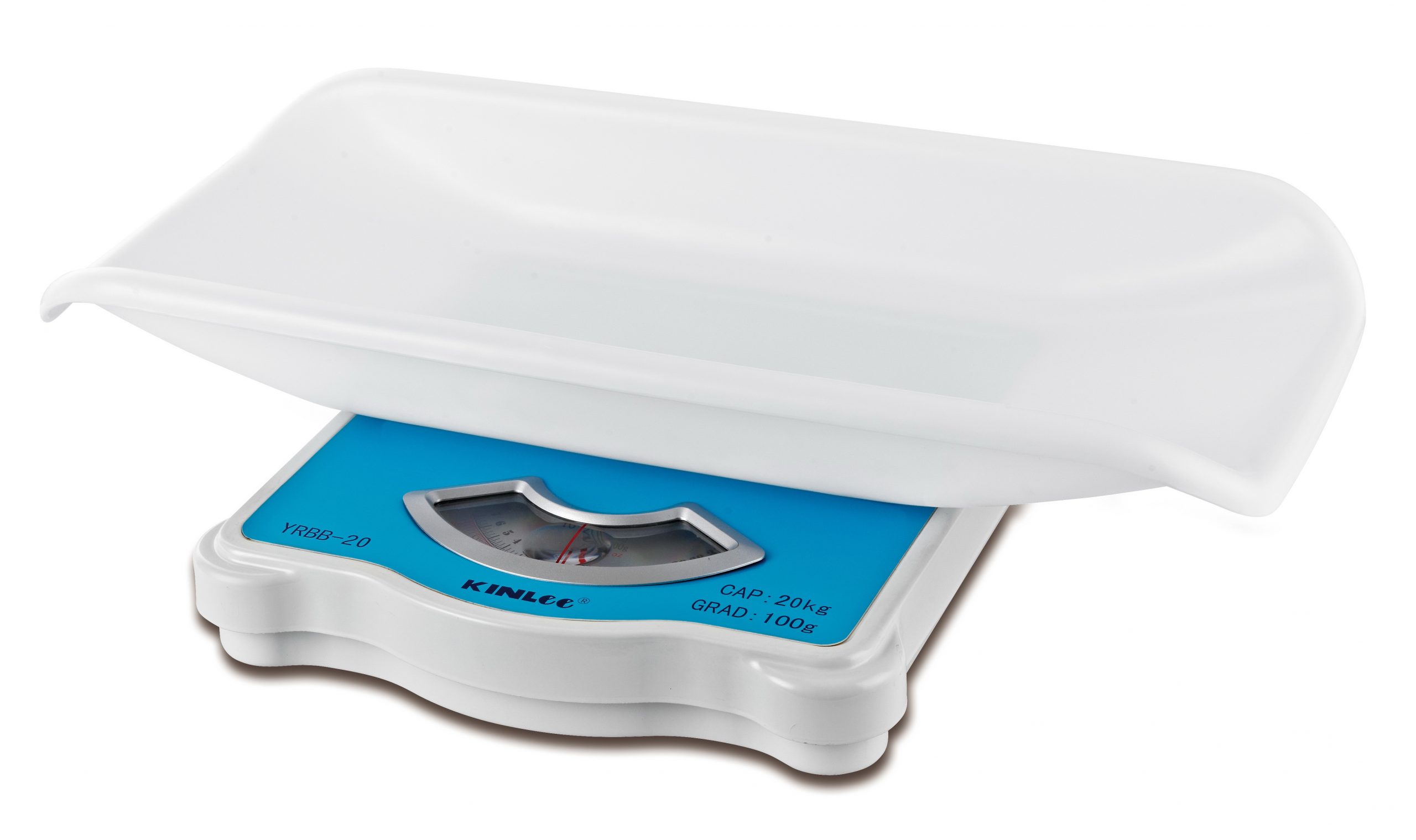
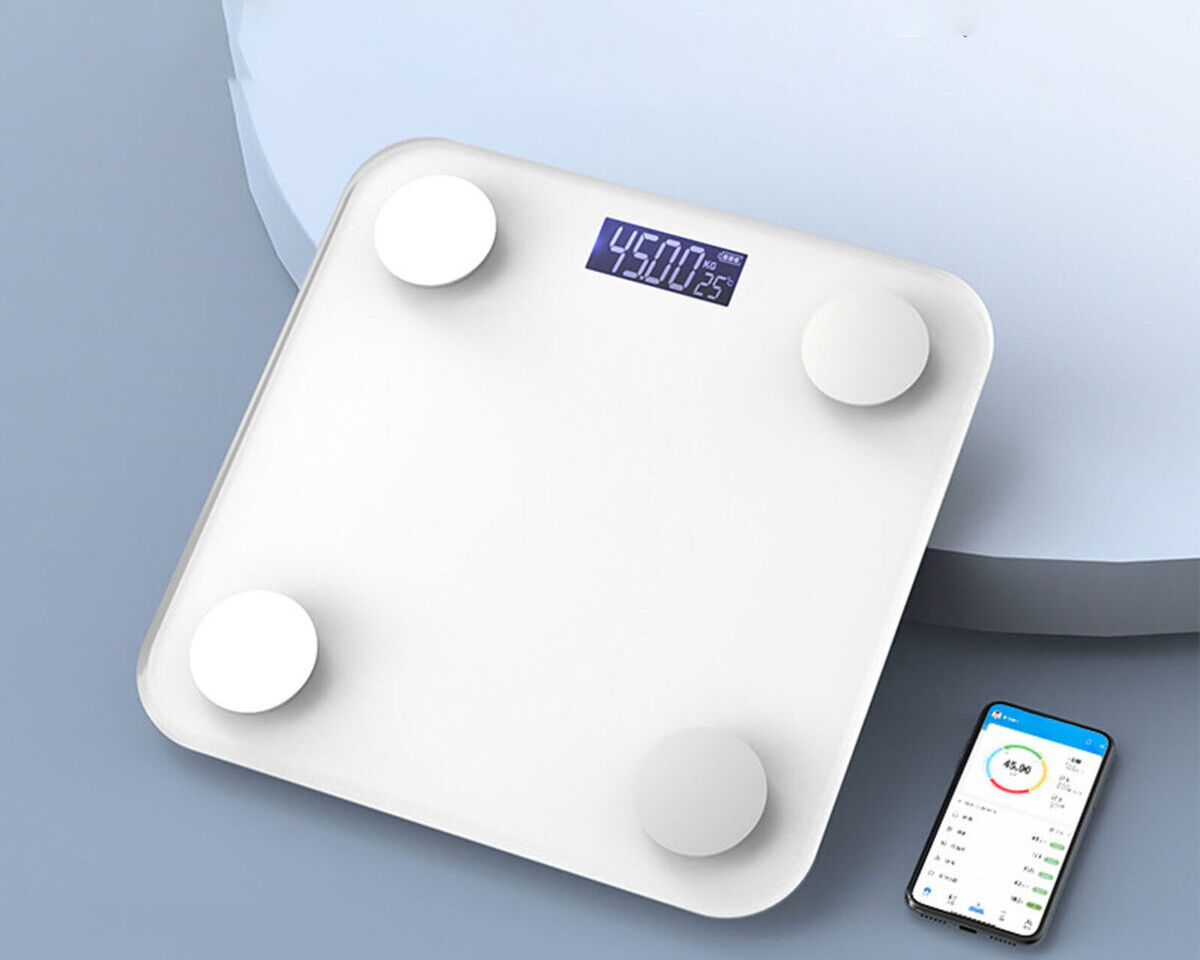
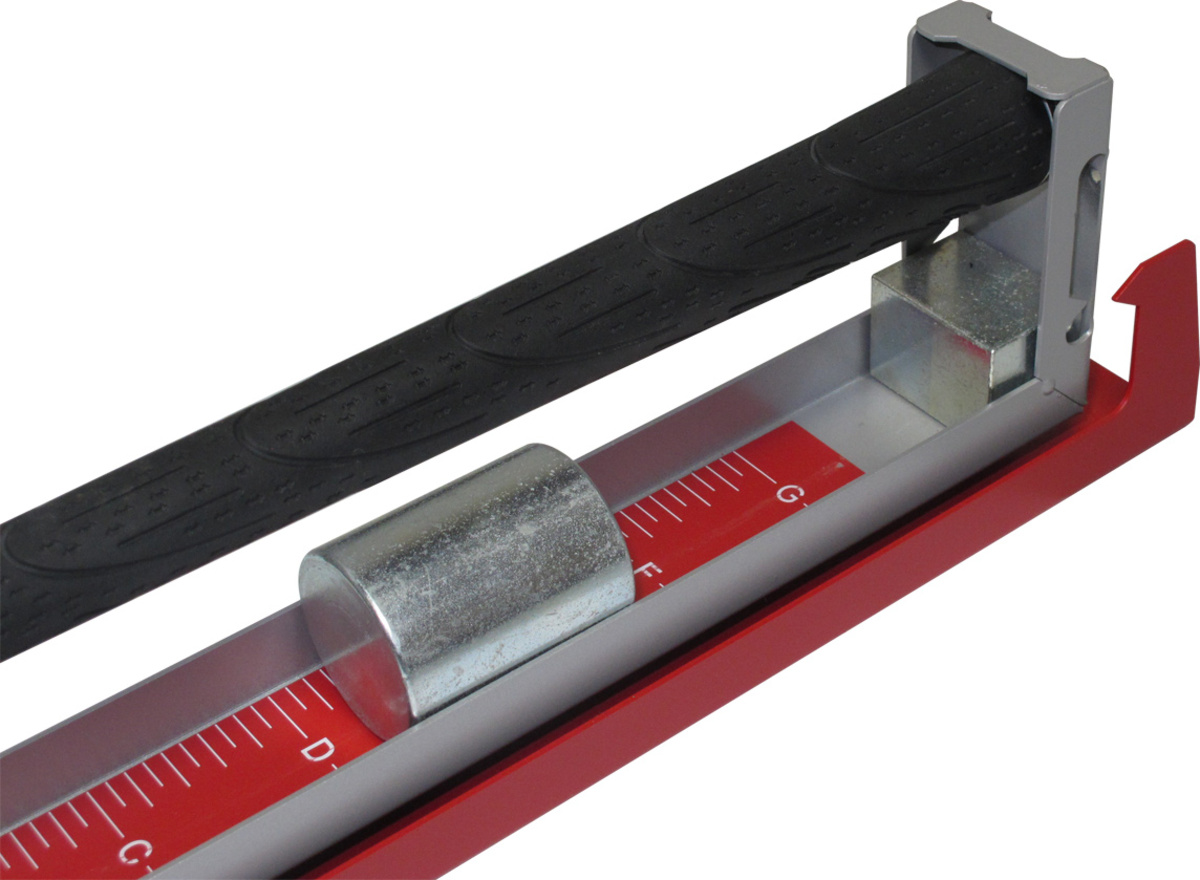
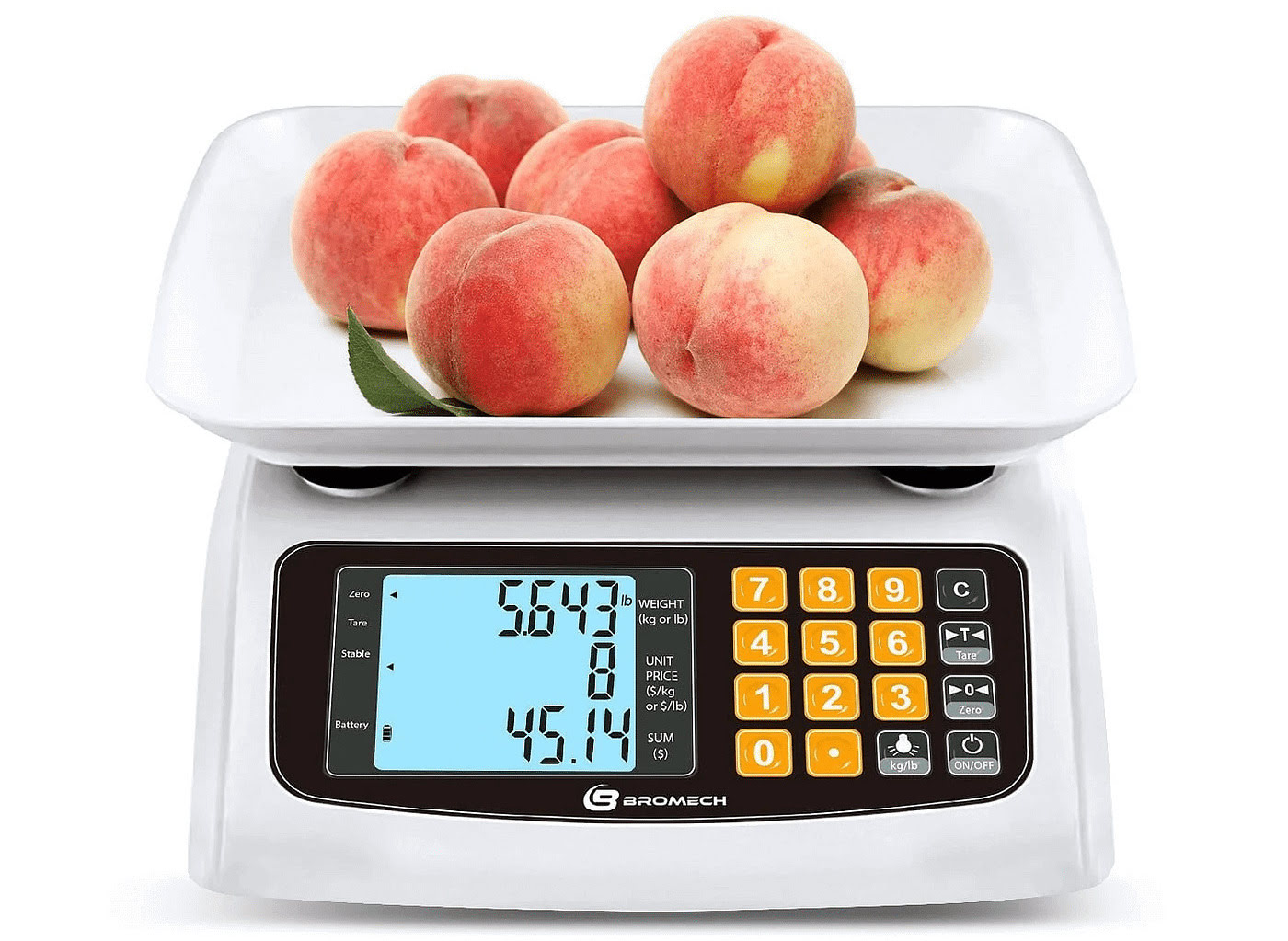


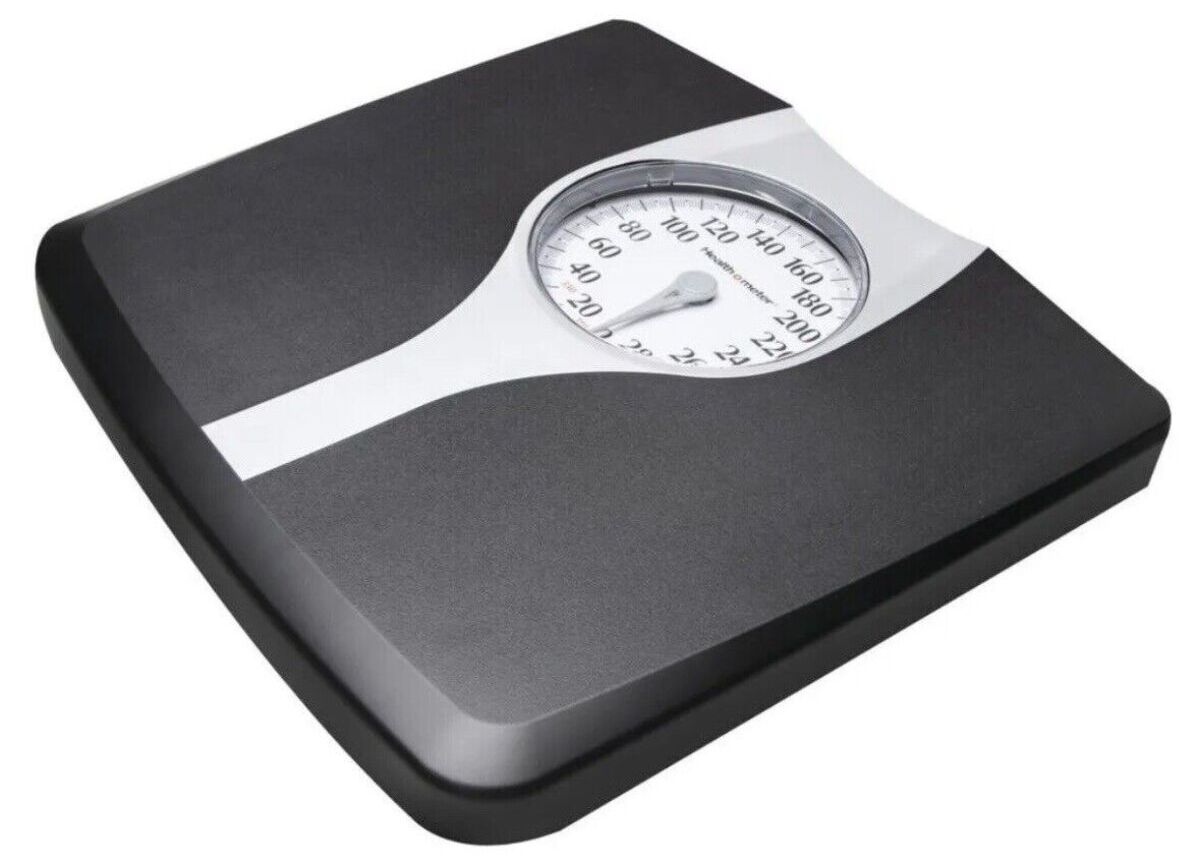


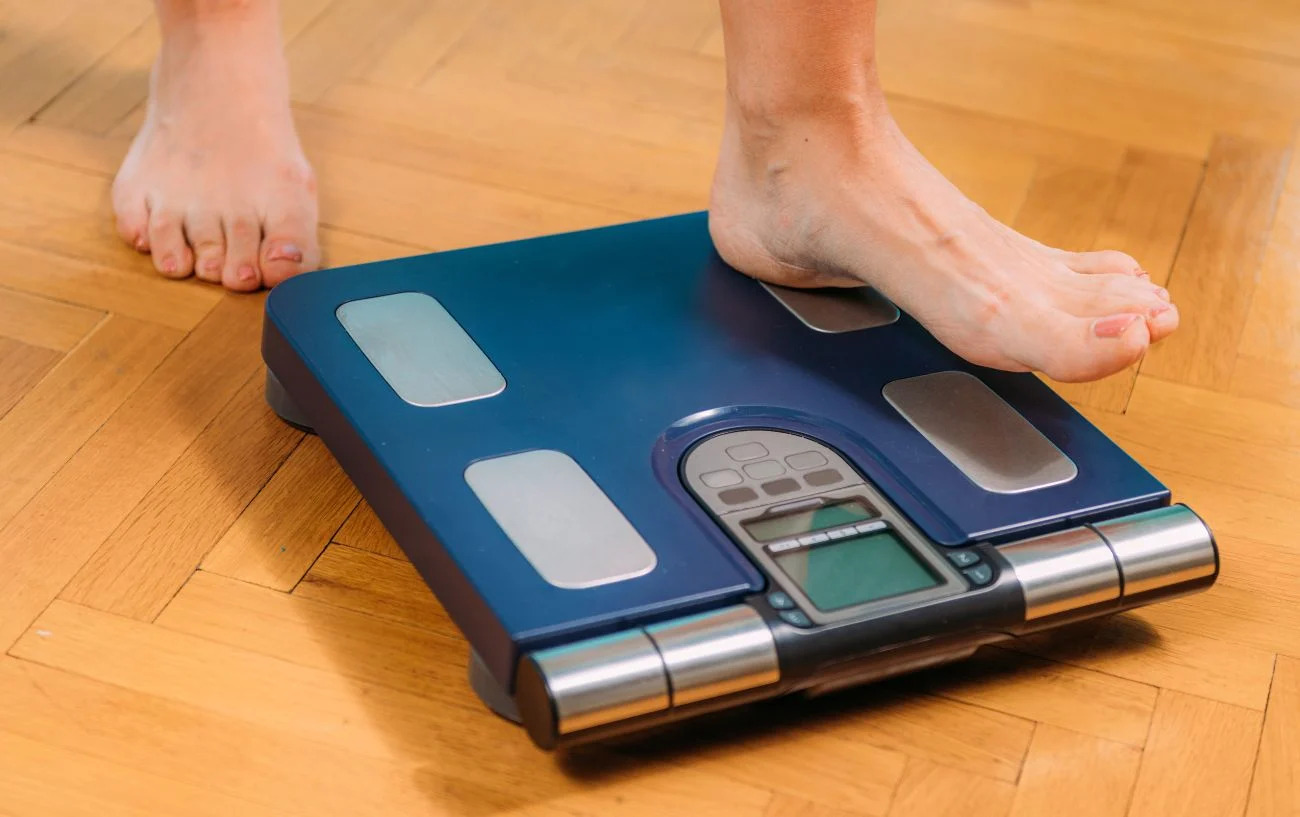

0 thoughts on “What Is A Weight Scale”